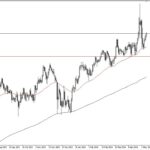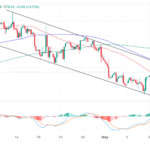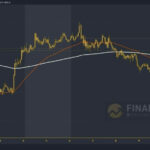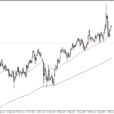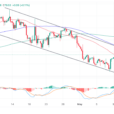
Rising income and wealth inequality is causally linked to globalization and the expansion of Darwinian trade and capital flows.
Stripped of lofty-sounding abstractions such as comparative advantage, trade boils down to four Darwinian goals:
1. Find foreign markets to absorb excess production, i.e. where excess production can be dumped.
2. Extract foreign resources at low prices.
3. Deny geopolitical rivals access to these resources.
4. Open foreign markets to domestic capital and credit so domestic capital can buy up all the productive assets and resources, a dynamic I explained last week in Forget “Free Trade”–It’s All About Capital Flows.
All the blather about “free trade” is window dressing and propaganda. Nobody believes in risking completely free trade; to do so would be to open the doors to foreign domination of key resources, assets, and markets.
Trade is all about securing advantages in a Darwinian struggle to achieve or maintain dominance. As I pointed out back in 2005, the savings accrued by consumers due to opening trade with China were estimated at $100 billion over 27 years (1978 to 2005), while corporate profits expanded by trillions of dollars.
China Trade Surplus: Gusher Profits for U.S. Corporations (August 13, 2005)
In other words, consumers got a nickel of savings while corporations banked a dollar of pure profit as sticker prices barely budged while input costs plummeted. Corporations pocketed the difference, not consumers.
As longtime correspondent Chad D. noted in response to my essay on capital flows, restricting trade may be one of the few ways smaller nations have to avoid their resources and assets being swallowed up by mobile capital flowing out of nations with virtually unlimited credit (the US, the EU, China and Japan).
Protecting fragile domestic industries with tariffs has a long history, including in the US, but the real action isn’t in tariffs: it’s in the bureaucratic tools to limit trade and the soft and hard power plays that secure cheap resources while denying access to those resources to geopolitical rivals.



